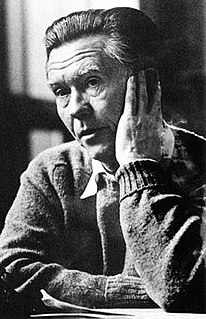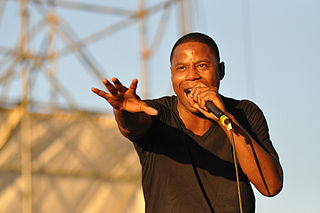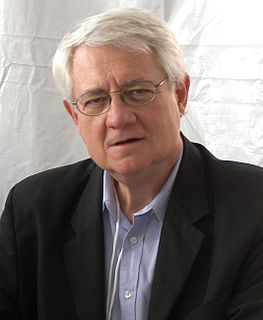A Quote by Drew Barrymore
I'm very sensitive to the English language. I studied the dictionary obsessively when I was a kid and collect old dictionaries. Words, I think, are very powerful and they convey an intention.
Related Quotes
I can hardly believe that I even know this, but I am aware that Noah Webster's original dictionary, apart from being the first truly American lexicography, was a kind of line in the sand. It claimed a very discrete, American form of the English language, explicitly to compare it to the English of our erstwhile colonial masters who had been operating under Dr. Johnson's dictionary rules for well over a century.
I'm very concerned with questions of language. This is what I think of when I think of myself as a writer: I'm someone who writes sentences and paragraphs. I think of the sentence - not only what it shares but, in a sense, what it looks like. I like to match words not only in a way that convey a meaning, possibly an indirect meaning, but even at times words that have a kind of visual correspondence.
When we start making distinctions between soul and spirit, we're in very, very murky waters. There is the whole issue of the English language, which has a rather limited vocabulary when it comes to psychological descriptions, not to speak of spiritual descriptions. We're good mythically - the English language is superb for myth. But we're not very good for psychology or spirituality.
The bold and discerning writer who, recognizing the truth that language must grow by innovation if it grow at all, makes new words and uses the old in an unfamiliar sense has no following and is tartly reminded that 'it isn't in the dictionary' - although down to the time of the first lexicographer no author ever had used a word that was in the dictionary.
Space and force pervade language. Many cognitive scientists (including me) have concluded from their research on language that a handful of concepts about places, paths, motions, agency, and causation underlie the literal or figurative meanings of tens of thousands of words and constructions, not only in English but in every other language that has been studied.



































